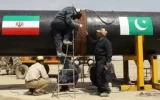
High-ranking Pakistani official sources said that Iran has sent its last warning to Pakistan that Tehran has no option but to file a complaint against Pakistan to the Paris Arbitration Court for not building and completing the Iranian gas import pipeline by September this year (until this fall).
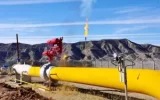
The Iran-Turkmenistan gas agreement can turn Iran into a regional gas hub and provide Turkmenistan with new export markets so that the two countries can achieve a win-win result.
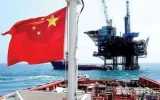
Kepler data shows that China's oil imports from Iran this month reached a new record of 1.75 million barrels per day.
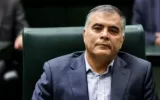
The National Oil Company is the most vital part of the Ministry of Oil and there is no room for trial and error. The consequences of ill-considered decisions in the National Oil Company will cost the life of a new minister.
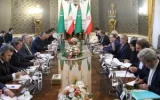
In the joint meeting of the high-ranking delegations of Iran and Turkmenistan, the president considered the Tehran and Ashgabat gas agreements as a strategic measure to turn Iran into a regional gas hub and within the framework of securing the interests of both sides.
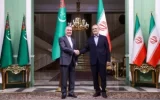
Iran-Turkmenistan gas cooperation document was signed in the presence of the president and national leader of Turkmenistan between the CEO of Iran National Gas Company and the head of Turkmenistan State Gas Company (Turkmengaz).
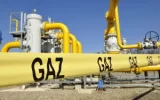
The Eurasian region is of great strategic importance due to the inclusion of three countries, Russia, Turkmenistan, and Iran, as the main holders of gas reserves, and in the meantime, Eurasian gas pipeline connections play an important role in the world's energy security.
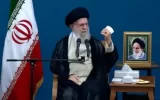
The leader of the Islamic Revolution emphasized: The development of the upstream oil sectors and the use of facilities as much as possible to apply new methods of oil and gas extraction and the production of diverse and numerous products in the downstream sectors are important priorities for the country.

The CEO of the National Iranian Oil Company stated that the strategic and national mission of this group is to jump oil and gas production, and said: the increase of 400,000 barrels of oil production is the most important mission assigned by the Minister of Oil.

The work of the new oil minister officially started last Thursday. Mohsen Paknejad must now, in addition to managing what he has received, also follow his plans; The programs that are at the top of them is solving the crisis of dissatisfaction.










